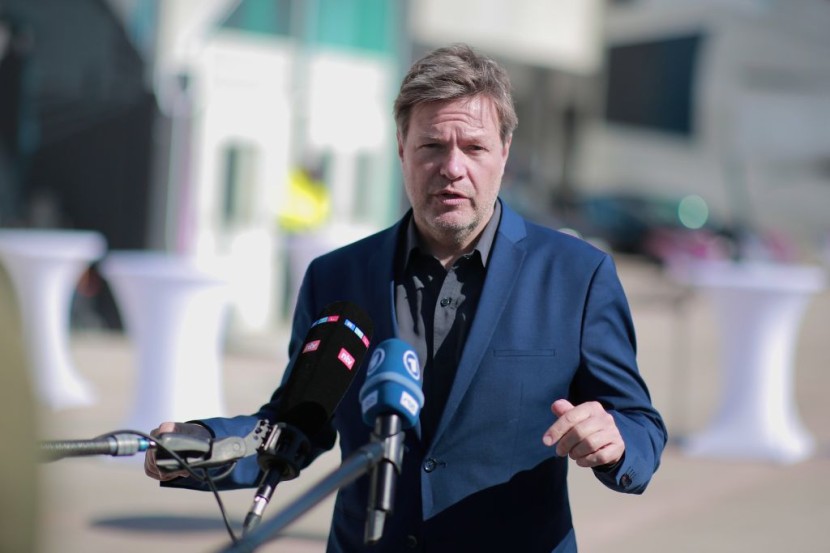
The Group of Seven major economies on Monday agreed to dismiss Moscow's demand of using Russian rubles to pay for natural gas exports amid Western sanctions that have caused the value of the currency to plummet.
In a statement, German energy minister Robert Habeck told reporters that "all G-7 ministers agreed completely that this would be a one-sided and clear breach of the existing contracts" for natural gas exports. They argued that the products are crucial because they are used to heat homes, generate electricity, and power the industry.
G7 Refuse Russia's Demand
In a videoconference, the energy ministers of France, Germany, Italy, Japan, the United States, the United Kingdom, and Canada met with the European Union's energy commissioner to reaffirm that contracts "must be respected." The statement added that payments to exports will be made in euros or dollars.
Habeck added that payment for exports in rubles was not acceptable and he said the G7 will urge companies affected not to follow Russian President Vladimir Putin's demands. Last week, the Russian leader demanded that "unfriendly" countries should use Russia's currency when purchasing natural gas exports, as per ABC News.
Putin then instructed the central bank to iron out a procedure for buyers to acquire rubles in Russia when making purchases. The rise in demand has resulted in an even bigger increase in gas prices that have already become quite high amid concerns it could be a prelude to a natural gas shutoff.
Read Also: Biden Promises Energy Shipments for Europe To Reduce Dependence on Russian Gas, Oil Supply
Several economists have argued that the move appears to have been made to try and support the ruble since its collapse after Russia's invasion of Ukraine. Many other experts have raised concerns that the decision would not work as intended.
According to Aljazeera, on Monday, reporters asked Kremlin spokesman Dmitry Peskov if Russia had the capability to cut natural gas supply exports to European customers if they rejected Putin's demand. The official said that Moscow would not be handing out gas for free.
Existing Agreements
Western companies usually agreed to long-term supply agreements for Russian gas imports which come with the uncertainty of Russia's plans to implement changes in payment currency. Analysts have also argued that the majority of agreements were negotiated in international currencies and did not include clauses for payments in rubles.
Many European importers of natural gas, including France's Engie and Austria's OMV, have said that supply contracts typically do not have clauses for ruble payments. They added that they intend to continue making payments in international currencies as per the existing agreements.
Habeck added that Russian President Putin's demand to have payments in rubles is a sign that he has his "back against the wall" with Western sanctions over his invasion of Ukraine. He argued that the consequences of the war had severely harmed the Russian economy.
The executive director of gas in Europe, the Middle East, and Africa at S&P Global, Laurent Ruseckas, said that the EU and Russia have had brinkmanship over the flow of gas supplies. They warned that the situation could potentially lead to a cutoff of gas supplies if someone made the wrong move, the Financial Times reported.
Related Article:
White House Considers Direct Payment to Drivers to Combat US Gas Price Hike, But There's a Problem
© 2025 HNGN, All rights reserved. Do not reproduce without permission.








